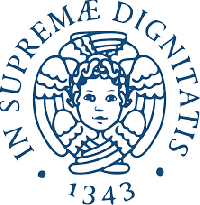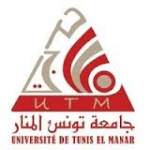ABOUT US


FIGGEN is a three-year project promoted by PRIMA (Partnership for Research and Innovation in the Mediterranean Area) programme supported by the European Union. The ambition is to make the fig tree one of the most suitable and profitable crop in the Mediterranean area in a climate change context. Among tree crops, the fig tree shows a good adaptation to dry, calcareous and saline environments, typical of different regions in the Mediterranean basin and the Middle East, where it has been cultivated for millennia. This crop has great potential for expansion thanks to valuable nutritional and nutraceutical characteristics and is particularly suitable for the application of sustainable agriculture based on biodiversity, such as mixed farming systems like agro-forestry. Despite its importance, the fig tree has undergone low genetic improvement and most cultivation in the Mediterranean area is based on local cultivars that are currently highly threatened by genetic erosion due to various pests and diseases, abiotic stresses, intensive urbanization, monovarietal crops, migration from rural to urban areas. FIGGEN wants to contribute breeding efforts to address crop tolerance to multiple abiotic stresses, improving productivity, efficiency and sustainability of agricultural farming systems. Breeding depends on the collection, conservation and sharing of appropriate crop genetic resources among plant breeders and farmers. In this sense the project will create a participatory context involving main actors of the value chain following a transdisciplinary approach where socio-economic knowledge and recent scientific advances in assessing biodiversity will be combined with traditional knowledge of local private and public stakeholders. FIGGEN aims to enhance the biodiversity of the fig tree and the selection of genotypes better adapted to environmental conditions coming from climate changes that can promote fig breeding and more sustainable fig production of the future.














